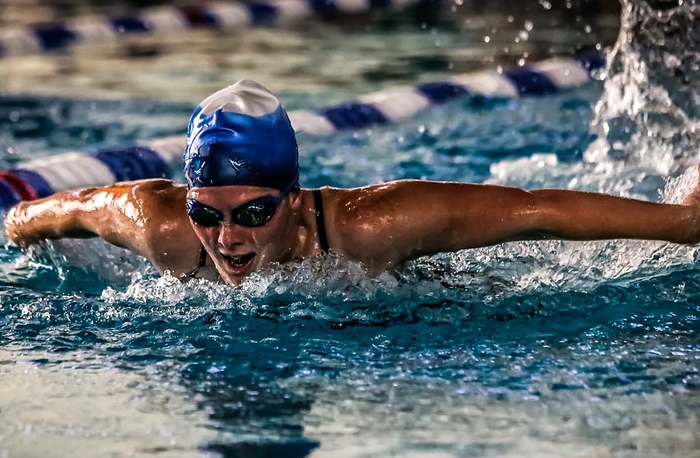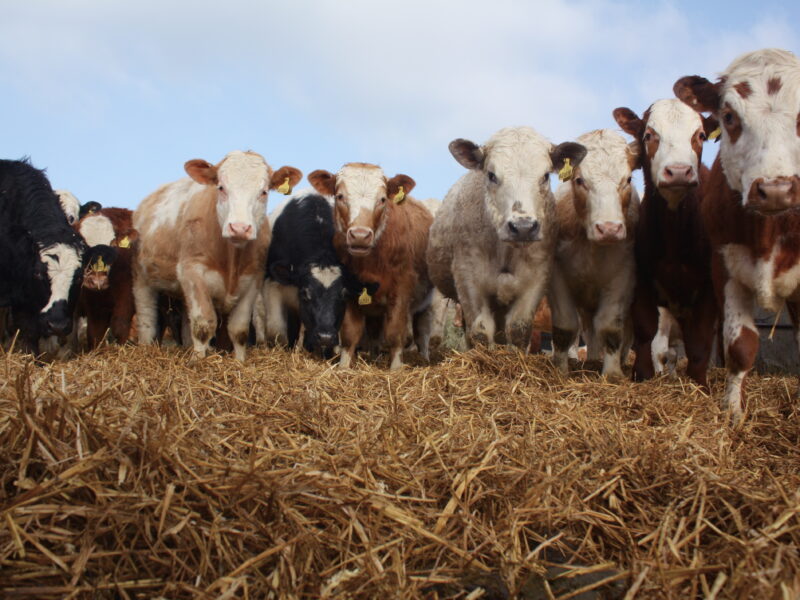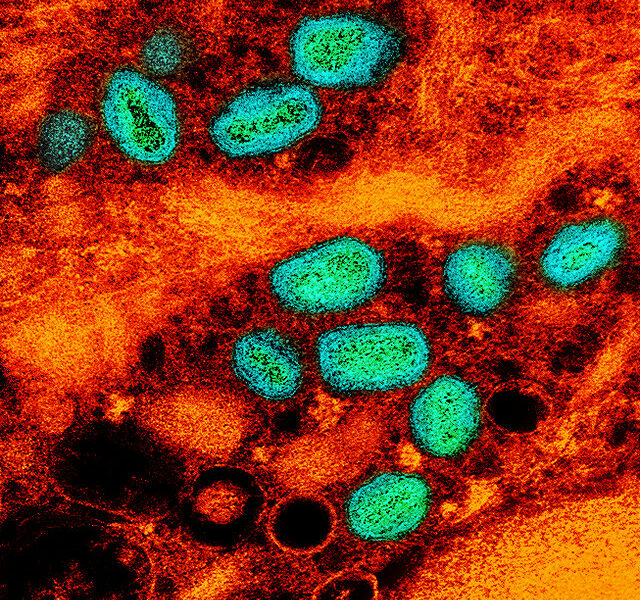By: Sarah Wade
Image courtesy of Lisa Stein via Flickr
On September 10th, 2020, sources from Boston news channels reported several positive COVID-19 tests. These results came from Boston College Men and Women’s Division 1 swim teams (1). There were 13 total positive tests reported, yet confirmed cases is unknown. Boston College is one of the many universities opting into competition despite the COVID-19 pandemic this year (1).
The University of Illinois football team reported 18 players tested positive for COVID-19 after in-person workouts resumed this past June (2). Other universities such as Louisiana State, Clemson, The University of Texas, University of Iowa, and Kansas State are having similar experiences (3). With the rise of positive test results these universities announced the usage of methods such as contact tracing, isolation, and quarantine protocols following the result of a positive COVID-19 test, whether it is a confirmed case or not.
Division 1 athletes across the country are given the choice of opting out of the season if they feel their health is at risk. However, the exact process for opting out is not black and white. Many athletes have felt pressured to practice their sport with the team (2). They feel as though the only way to keep their starting position is to opt in and resume play despite concerns. Many athletes who returned to campus were never given the option to opt out and are required to participate in person. The rise of worries and lack of safety concerns have resulted in players like Ra’Von Bonner (Illinois), and Caleb Farley (Virginia Tech) to opt out of football this season (2).
Even if a player opts out of competition there is still a risk. Many players live together, which means they are encountering teammates on a regular basis. This is what resulted in multiple positive COVID-19 tests from the swim team at Boston College (1). Subsequently putting in person activity on a pause while their COVID-19 safety plans are reassessed.
The NCAA has outlined recommendations for return to play and many athletes have felt that these proposals are sufficient but are worried about true implications (2). Athletes, coaches, and staff should be undergoing regular testing. Daily self-screening and checks should be performed, as well as masks when ever feasible (5). Training is supposed to occur outdoors, but as winter approaches indoor training will be inevitable. Whether athletes are catching the virus while playing or contracting it outside of competition, COVID-19 positive test results are on the rise yet in person competition resumes (3).
References:
- https://www.boston.com/news/coronavirus/2020/09/10/boston-college-swim-dive-team-coronavirus-positive
- https://www.chicagotribune.com/sports/college/ct-illinois-football-covid-19-20200803-igsfd3x6jrarhbzsn6fanmouci-story.html
- https://www.insidehighered.com/news/2020/06/22/college-football-programs-hit-covid-after-resumption-voluntary-workouts
- https://www.cdc.gov/coronavirus/2019-ncov/php/contact-tracing/contact-tracing-plan/contact-tracing.html
- http://www.ncaa.org/sport-science-institute/resocialization-collegiate-sport-developing-standards-practice-and-competition


